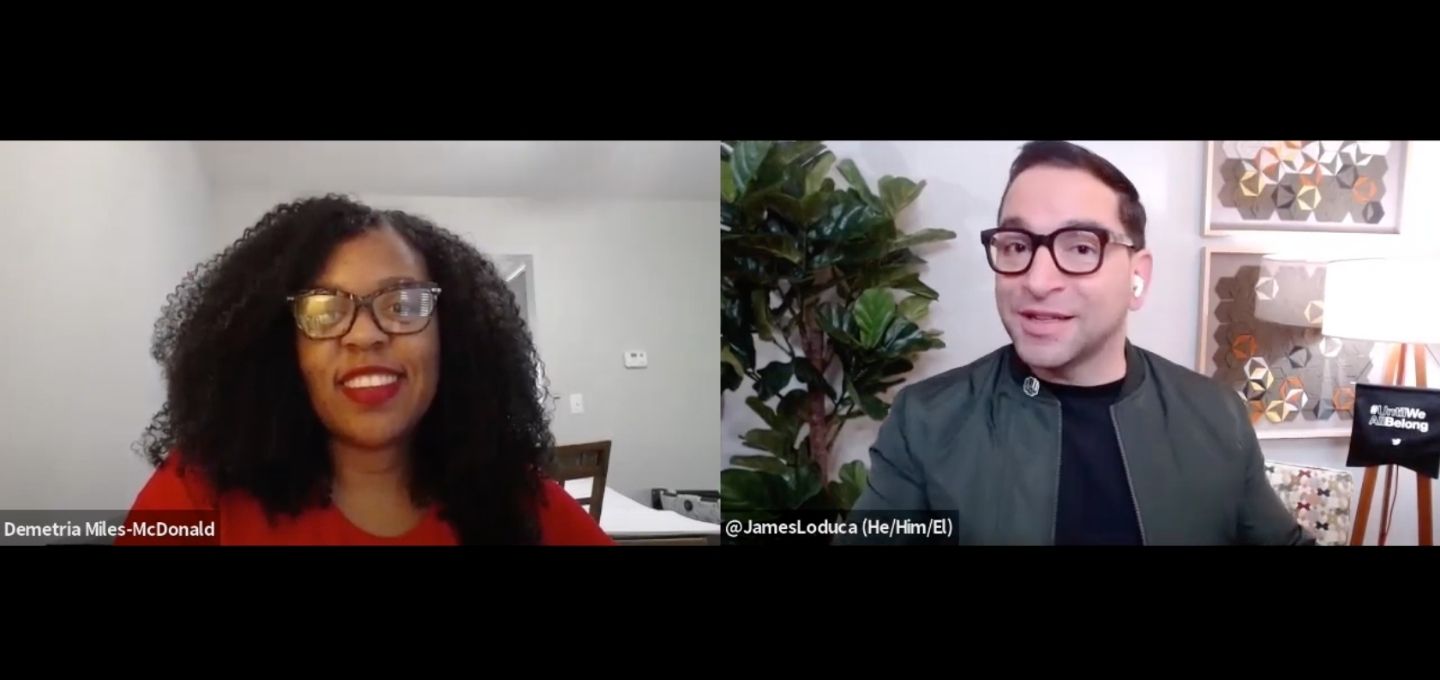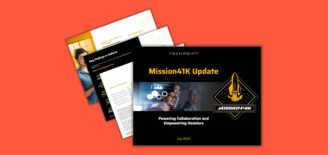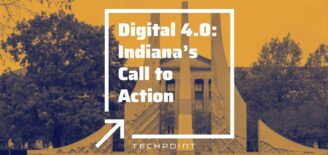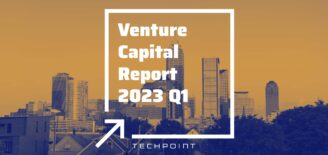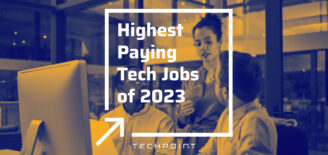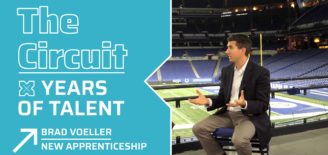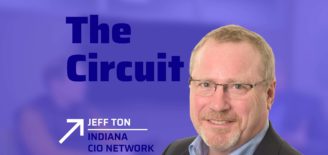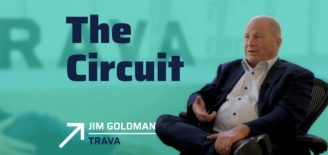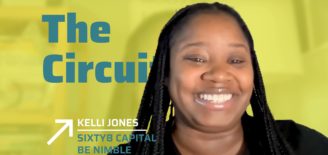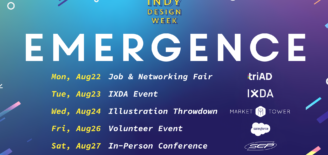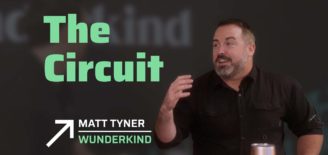Path to equity is about progress, not perfection
Throughout November, expert facilitator Demetria Miles-McDonald, founder and CEO of Decide Diversity, led TechPoint’s “Path to Equity in Indiana Tech” three-part event series. The thought-provoking sessions offered a combination of educational content and interactive breakouts on the topics of anti-racism, intersectionality and measuring impact.
As a lifelong learner myself, it was truly my pleasure to help coordinate and lead the “Path to Equity in Indiana Tech” educational event series. Besides the amazing speakers who joined us during the sessions, I had an opportunity to meet new people from the Indiana tech community, learn about some new resources, and make connections that I believe will last a lifetime.
When I sat down to summarize my own experience over the course of the three-week event period, I narrowed the vast array of helpful information nuggets down to five main takeaways as they were presented by the wonderful speakers who participated.
All three sessions are recorded and available for you to watch on the TechPoint YouTube channel.
Antiracism Starts with Leadership
Intersectionality
From Metrics to Impact
Aman Brar, CEO of Jobvite, talked about having open and honest conversations around diversity, equity, and inclusion.
- If we can’t talk about diversity, equity and inclusion …
- How can we solve for it?
- How can we make measurable progress?
- How can we get better?
By having conversations rooted in curiosity, not criticalness, we can begin to understand. This is the hard part!
- How do we have conversations that result in better understanding …
- When our minds are already made up?
- When we are steadfast in our beliefs?
- When we can’t see past our own realities?
CHALLENGE: I challenge each of you reading this article to intentionally seek a different perspective. You don’t have to change your mind, but if you can see the situation from someone else’s perspective you can begin to understand.
Eric Thomas, Global Diversity, Equity & Inclusion Officer at Genesys said it best, “Be a co-conspirator!” In order to see measurable change in our organizations, everyone must be engaged, be relentless, and fight like your life’s on the line. This goes beyond being an ally and requires a genuine concern for issues that may not directly affect you but are unfair, exclusive, or harmful to others.
CHALLENGE: As we wrap up the year, I’m challenging myself, and you, to be a co-conspirator. What issues do you need to become more knowledgeable about and how can you join the fight?
Miranda Nicholson, Sr. Vice President of Human Resources at Formstack, reminded us that this is an uncomfortable journey. It’s not going to be easy. You will get discouraged and want to give up. You will get things wrong and not everyone will agree with you. But, you must continue doing the work. You can find every excuse to quit. Believe me, there will be plenty!
CHALLENGE: I challenge you to look for the many reasons to continue fighting for change. Many of you met my 4-month old during the series. He’s my reason! I want to make the world better for him! What’s your reason?
Dr. Marsha McGriff, Associate Vice President for Inclusive Excellence at Ball State University, beautifully said, “diversity, equity and inclusion must be in your organization’s DNA!” That’s one of my favorite principles. Marsha mentioned how Ball State accomplishes this through Inclusive Excellence. I took away from that conversation that everyone, from the top of the organization and throughout is responsible for creating a culture that is inclusive. You don’t get to say ‘that’s not my job.’ There’s no opting out of the intentionality of this work.
CHALLENGE: How can you create a clear value system where diversity, equity, and inclusion is a priority and everyone has a role in the organization’s success? I’m challenging you to be overt in your dedication to DE&I. No more guessing where your organization stands and what your stakeholders can expect.
Lastly, James Loduca, Senior Director, Global Inclusion & Diversity at Twitter graced us with so many nuggets that it’s hard to just choose one. James closed his session by asking us to reflect on our own personal DE&I journey by looking at the events and circumstances that have shaped who we have become. In many ways, this is the hard work necessary to allow us to be open to receiving others just the way they are.
- How can you meet others where they are if you haven’t come to terms with your own journey?
- How can you lead an organization on a journey, but you haven’t taken the steps necessary to grow and develop yourself.
There’s a song that was released in the early 90s titled ‘Sweep Around Your Own Front Door.’ I remember my mom playing this song on her record player! No, it’s not about cleaning, although I knew it was cleaning time when Mom played songs on the record player!
CHALLENGE: Metaphorically, the song talks about taking care of your own business before telling others what to do. So, I challenge you to sweep around your own front door, before you try to sweep around mine!
Final Thoughts
As a bonus, I’d like to leave you with my own pearl of wisdom! If you’ve ever been around me more than five minutes, you’ve heard me say, ‘It’s about progress, not perfection.’ What can you do in the next 5 minutes—5 weeks—5 months and beyond to better yourself, your organization, and your community?
CHALLENGE: Don’t let another year go by without making an intentional effort to do better—to be better! There’s a community of support available to you, standing beside you, waiting for you to take the first step.
Thank you for allowing me to help guide you on the ‘Path to Equity.’ I hope our paths cross again!
The Path to Equity in Indiana Tech event series was made possible by presenting sponsors Faegre Drinker and Comcast Business along with underwriting sponsors Ultimate Kronos Group (UKG), RoundTower and Tangoe.

